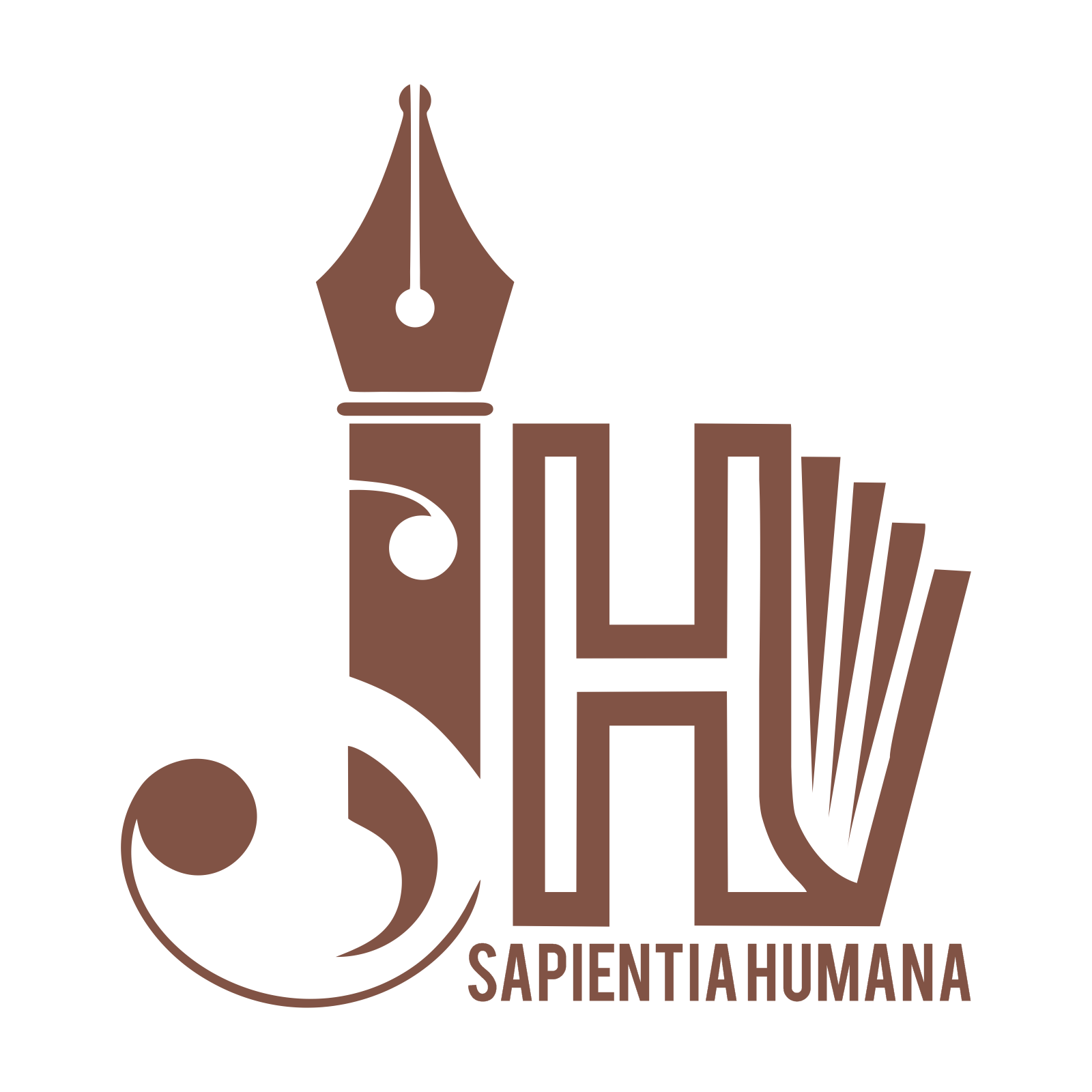Konsep “Huma Betang” Sebagai Model Penghayatan Iman Dialogal Dalam Pandangan Aloysius Pieris
DOI:
https://doi.org/10.26593/jsh.v3i02.6662Keywords:
Huma Betang, Church's mission, Pieris, Dialogal, Asian religiosityAbstract
This article delves into the philosophical-theological significance of Huma Betang, the traditional house of the Dayak people in Central Kalimantan, within the context of the Church's faith dialogue. Huma Betang, serving as a cultural representation, articulates values of humanity, familial bonds, communal living, and equality. The research aims to delineate the theological values manifested in the daily dynamics of Huma Betang, concentrating on the faith dialogue within the Church's responsibilities, including diakonia, kerygma, martyria, the celebration of faith/liturgy, and koinonia. The research methodology employs a literature review approach, drawing from previous writings, the perspectives of Aloysius Pieris, and documents from the Catholic Church. The study's findings reveal that the Theology of Huma Betang mirrors the religiosity of Asia, illustrating communal living where the community gathers to listen to the word of God. Values of familial bonds, communal living, and equality serve as the foundation for the everyday dynamics of Huma Betang, illustrating the principle of collective living in harmony with others.
References
Albert, O., Deni, I. K., Umat, S., Di, A., St, P., & Klepu, H. (n.d.). Peranan Guru Agama Katolikdalam Meningkatkan Mutu Danpenghayatan Imansiswa Sekolah Menengah Tingkatataskota Madiunmelalui Pengajaran Agama Katolik.
Alifia, H. N., Salma, D., Arifin, M. H., & ... (2021). Internalisasi Keberagaman Budaya dengan Pendidikan Karakter di Sekolah Dasar. Jurnal Gentala …, 6(2), 100–111.
Apandie, C., & Ar, E. D. (2019). Huma Betang: Identitas Moral Kultural Suku Dayak Ngaju Kalimantan Tengah. Journal of Moral and Civic Education, 3(2), 76–91. https://doi.org/10.24036/8851412322019185
Armada, R. (n.d.). Dialog Interreligius.
AS Pelu, I. E., & Tarantang, J. (2018). Interkoneksi Nilai-Nilai Huma Betang Kalimantan Tengah dengan Pancasila. Jurnal Studi Agama Dan Masyarakat, 14(2), 119. https://doi.org/10.23971/jsam.v14i2.928
Asia, E. (2021). Eklesiologi asia.
Bernadeta Harini Tri Prasasti (penterjemah). (2020). MENDIDIK UNTUK HUMANISME PERSAUDARAAN. In Seri Dokumen Gerejawi No. 117 (pp. 1–24). DEPARTEMEN DOKUMENTASI DAN PENERANGAN KONFERENSI WALIGEREJA INDONESIA.
Harefa, F. L. (2020). Menggunakan Konsep Inkarnasi Yesus sebagai Model Penginjilan Multikultural. PASCA: Jurnal Teologi Dan Pendidikan Agama Kristen, 16(1), 50–61. https://doi.org/10.46494/psc.v16i1.75
Jegers, M. (2021). Gaudium et spes. Managerial Economics of Non-Profit Organizations, 19, 130–131. https://doi.org/10.4324/9780203930847-17
Marbun, R. V. (2018). Pendidikan Karakter Dalam Mata Pelajaran Antropologi Melalui Metode Field Trip: Studi Kasus Huma Betang Tumbang Gagu Sebagai Katalisator Nasionalisme Siswa. Jurnal Guru Dikmen Dan Diksus, 1(2), 37–46. https://doi.org/10.47239/jgdd.v1i2.80
Priyanto, Y. E., & Utama, C. T. T. (2017). Perwujudan Panca Tugas Gereja Dalam Kehidupan Sehari-Hari Keluarga Kristiani Di Stasi Hati Kudus Yesus Bulak Sumbersari. In Jurnal Pendidikan Agama Katolik (Vol. 18, Issue 09).
Simanjuntak, J. M. (2018). Belajar Sebagai Identitas Dan Tugas Gereja. Jurnal Jaffray, 16(1), 1. https://doi.org/10.25278/jj71.v16i1.279
Siswantara, Y. (2020). Dialog Sebagai Cara Hidup Menggereja di Kultur Indonesia. Kurios, 6(1), 87. https://doi.org/10.30995/kur.v6i1.105
Suryani, L. (2018). Nilai-Nilai Islami Filosofi Huma Betang Suku Dayak Di Desa Buntoi Kalimantan Tengah.
Suwarno, S. (2017). Budaya Huma Betang Masyarakat Dayak Kalimantan Tengah Dalam Globalisasi: Telaah Konstruksi Sosial. LINGUA: Journal of Language, Literature and Teaching, 14(1), 89. https://doi.org/10.30957/lingua.v14i1.237
Widiastuti. (2013). Analisis SWOT Keragaman Budaya Indonesia. Jurnal Ilmiah Widya, 1(1), 8–14.











